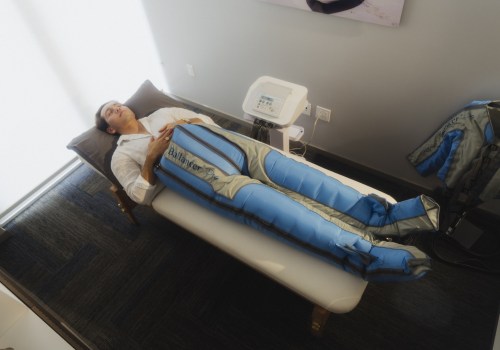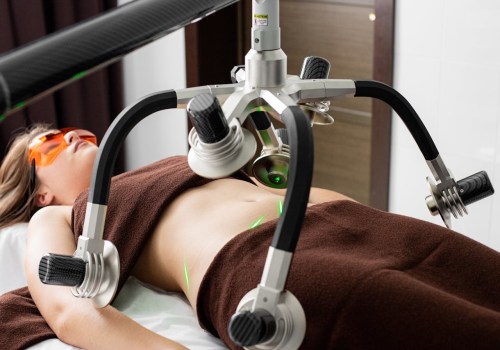Sleep therapy, a broad term encompassing various techniques and interventions designed to improve sleep quality and treat sleep disorders, can benefit a wide array of individuals. From those suffering from insomnia, sleep apnea, restless leg syndrome, and narcolepsy, to people experiencing stress-related sleep disturbances, sleep therapy offers a pathway to better rest and, consequently, improved overall health. Individuals struggling with chronic insomnia, characterized by difficulty falling asleep, staying asleep, or experiencing non-restorative sleep, often find relief through cognitive-behavioral therapy (CBT) for insomnia, a structured program that helps identify and replace thoughts and behaviors that cause or worsen sleep problems with habits that promote sound sleep.
Moreover, those with sleep apnea, a disorder marked by repeated breathing interruptions during sleep, can benefit from sleep therapy interventions like Continuous Positive Airway Pressure (CPAP) therapy or oral appliance therapy, which help keep the airway open and facilitate uninterrupted breathing. People with restless leg syndrome, experiencing uncomfortable sensations in their legs accompanied by an irresistible urge to move them, particularly during rest, may also find relief through specific sleep therapy techniques aimed at minimizing these sensations and improving sleep quality.
Narcolepsy patients, who contend with excessive daytime sleepiness and sudden muscle weakness in response to strong emotions, can significantly benefit from tailored sleep therapy plans that may include medication and lifestyle adjustments to manage symptoms and enhance sleep quality. Beyond these specific sleep disorders, individuals undergoing stress, anxiety, or depression often experience sleep disturbances as a symptom of their mental health conditions. Sleep therapy, particularly techniques that focus on relaxation, stress reduction, and the establishment of a healthy sleep routine, can offer significant benefits, improving sleep quality and contributing to better management of their mental health.
Incorporating holistic and alternative therapies into a sleep therapy program can further enhance its effectiveness. The float pod benefits stand out as a complementary therapy that can significantly improve sleep quality. Floating in a float pod involves lying in a tank filled with highly saturated Epsom salt water, creating a buoyant environment that allows the body to float effortlessly. This zero-gravity experience not only relieves physical tension and pain but also promotes profound mental relaxation, reducing stress and anxiety levels, which are often significant barriers to good sleep. The sensory reduction experienced in a float pod helps to quiet the mind, leading to deeper states of relaxation and making it easier for individuals to fall asleep and achieve more restorative sleep. Therefore, the float pod benefits can be particularly advantageous for those undergoing sleep therapy, offering a natural and effective means to complement traditional sleep therapy techniques and support the journey towards better sleep health.










